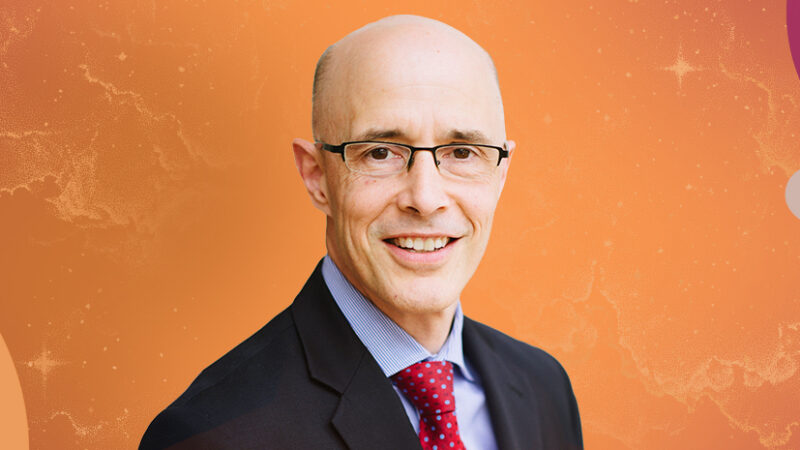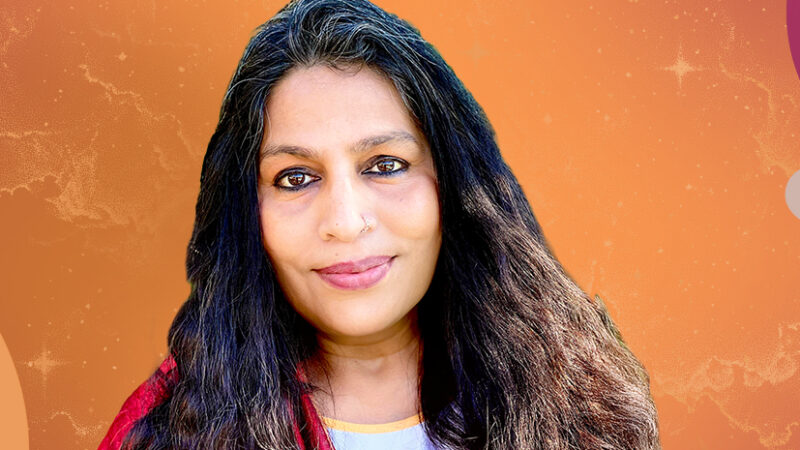
PHASE 1
Mind wandering is associated with the DMN (default mode network)—areas of the brain that are active when the mind is in its default state of rest. In this phase, the mind seems cluttered with thoughts and feelings all scrambling to be at the center of attention. The meditator may remain distracted by what seems like an endless barrage for some period of time. The brain remains in this state especially when it is not engaged in a specific task.
PHASE 2
Becoming aware of mind wandering occurs when we mobilize a conscious mind-body practice. This phase involves purposefully placing our attention in order to steer our practice, and this effort reveals itself as activation in the insula. As noted previously, the insula is characteristic of interoceptive awareness and self-awareness. In this way, cognizance of the mind’s habitual wandering is a form of metacognition—thinking about thinking—that sets the stage for neuroplasticity. Just to arrive at this stage of meditation is quite an accomplishment, as most people never cultivate any sustained awareness of how their mind meanders from one topic to the next. Practitioners should recognize the value of this second phase because it can take years to arrive here with any regularity. Without knowing this, beginners often become discouraged.
PHASE 3
Shifting out of wandering is like flexing a muscle or changing gears in a car. This phase involves the executive function of the brain, recruiting regions like the dorsolateral prefrontal cortex (dlPFC) and the posterior parietal cortex. The practitioner arrives at this phase through consciously and consistently bringing their attention out of unfocused wandering. Much like training a muscle, we go through high and low points of practice, and—as in the previous stage—it is easy to feel discouraged. Unfortunately, meditators can judge themselves harshly at this stage, lose interest, or give up entirely if they do not recognize just how important this phase is in training the neural muscles of concentration.
PHASE 4
Focusing means that the practitioner has gained some meditative stability and can remain for some time in a concentrative state. This achievement shows up as sustained activation in the dlPFC. At this phase, progressive layers of our mind reveal themselves—both within a practice session and “off the cushion” over time. When the mind eventually starts to wander again, the cycle begins anew, and the practitioner passes through the phases once more to regain focus. With practice, the amount of effort, time, and repetition it takes to go through the cycles decreases, with less time occupied in the earlier phases and more time spent in a focused state.
Excerpted from Yoga & Psyche: Integrating the Paths of Yoga and Psychology for Healing, Transformation, and Joy by Mariana Caplan.


Mariana Caplan, PhD, MFT, E-RTY 500, is a psychotherapist, yoga teacher, and author of eight books in the fields of psychology, spirituality, and yoga. She has been teaching workshops and trainings online, in yoga studios and universities, and at major retreat centers throughout the world since 1997. She is the founder of Yoga & Psyche International, an organization created to integrate the fields of yoga and psychology globally, and lives in Fairfax, California. Learn more at realspirituality.com and yogaandpsyche.com.
Buy your copy of Yoga & Psyche at your favorite bookseller!
Sounds True | Amazon | Barnes & Noble | Indiebound
















